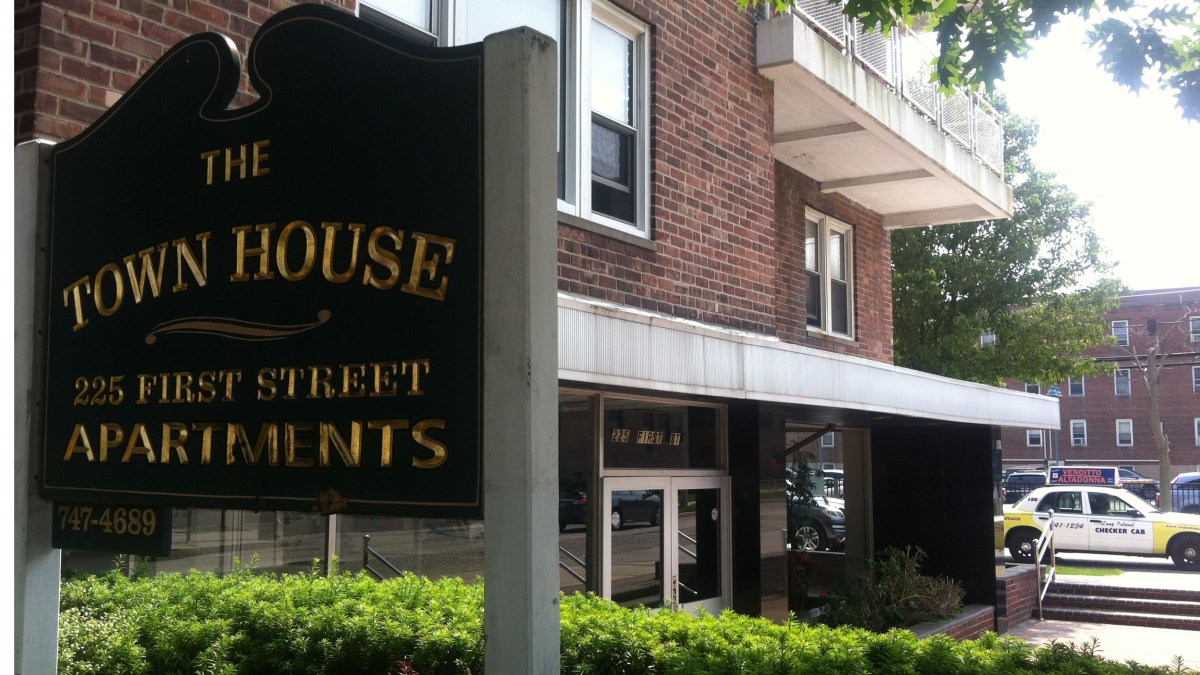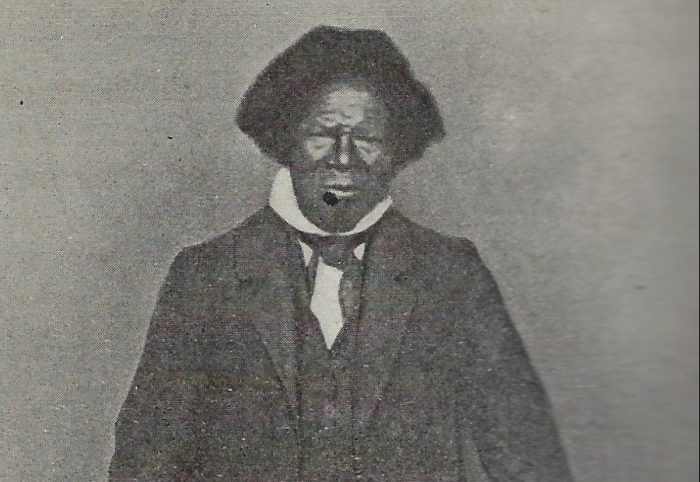A Mineola landlord agreed to pay $165,000 to settle a federal discrimination lawsuit in which two nonprofit organizations found evidence of favoritism toward whites inquiring about rentals while denying housing to African American applicants—and quoting them higher rents.
LLR Realty LLC also agreed to pay attorneys fees and costs to plaintiffs regarding rentals at the 75-unit Town House Apartments at 225 First St. The landlord agreed to implement non-discrimination policies to as part of the settlement, as well.
“We brought this case because we had compelling evidence of racial discrimination and African Americans cannot be denied housing choice based on race,” Elaine Gross, president of ERASE Racism, said in a statement. “While many people would like to believe that this type of housing discrimination is no longer an issue, it is a shame that the burden falls on a small number of concerned organizations, like ERASE Racism, to document the discrimination and use the courts to stop it.”
The suit was filed after four “testers” sent by ERASE Racism and the Fair Housing Justice Center inquired about a one-bedroom apartment at the building from August to October 2012. On multiple occasions, the African American testers experienced “troubling and significant discrepancies” between their response and the welcoming response experienced by white testers, according to the suit.
The lawsuit, filed by the two nonprofits on behalf of four plaintiffs, alleges that LLR Realty violated federal and county fair housing laws by maintaining that the apartment in question was not available for rent or inspection only to the African American testers. They were also allegedly quoted higher rent or denied the apartment due to their race.
According to the complaint, an African American man sent to the town house on Sept. 10, 2012 was told there were no one-bedroom apartments available at the time, but “there might be one next month on the third floor” for a monthly rate of $1,725. A white “tester” sent four hours later made the same inquiry and was shown a vacant one-bedroom apartment that was available for $1,675, according to the complaint.
In a previous interview with the Press, Gross said that she would use settlement funds on programs that could help stem the tide of future discrimination.
“We try to avoid going to court because it takes so much time and is so expensive. Why spend that money on attorneys when we want them to get going with the particular remedies we’ve been putting forward,” she said. “It’s not all about the money, but we do want them to feel some financial pain from doing this. We hope it will deter them—and hopefully deter others, from doing this again.”
According to the settlement, LLR Realty will not be able to rent apartments until available units are advertised on Craigslist—and email a copy to ERASE Racism on the same day the listing is posted. Also, all LLR Reality employees are mandated to attend fair housing training programs conducted by either FHJC or ERASE Racism.
The settlement grants ERASE Racism the power to examine records to help ensure compliance until the year 2017, and it also requires that HUD Equal Housing Opportunity notices be posted at the property.
LLR Reality, however, denies any discrimination that violates federal or county fair housing laws.
This settlement comes on the heels of two other Fair Housing Act violations in Garden City and Oyster Bay.































